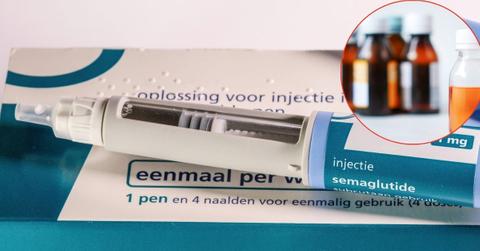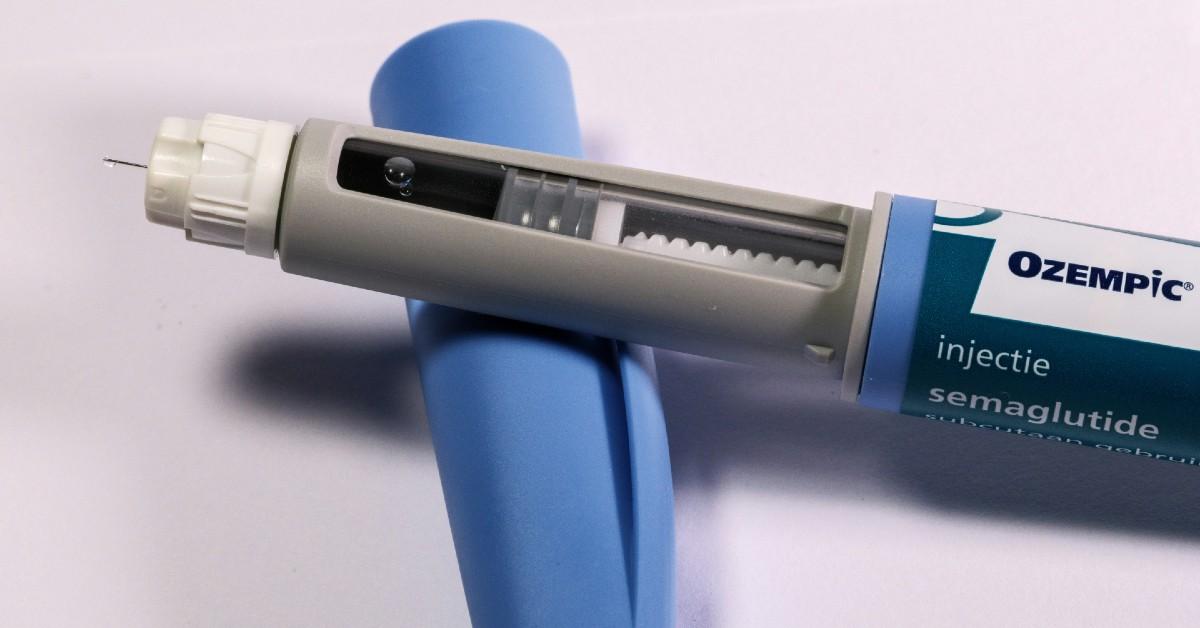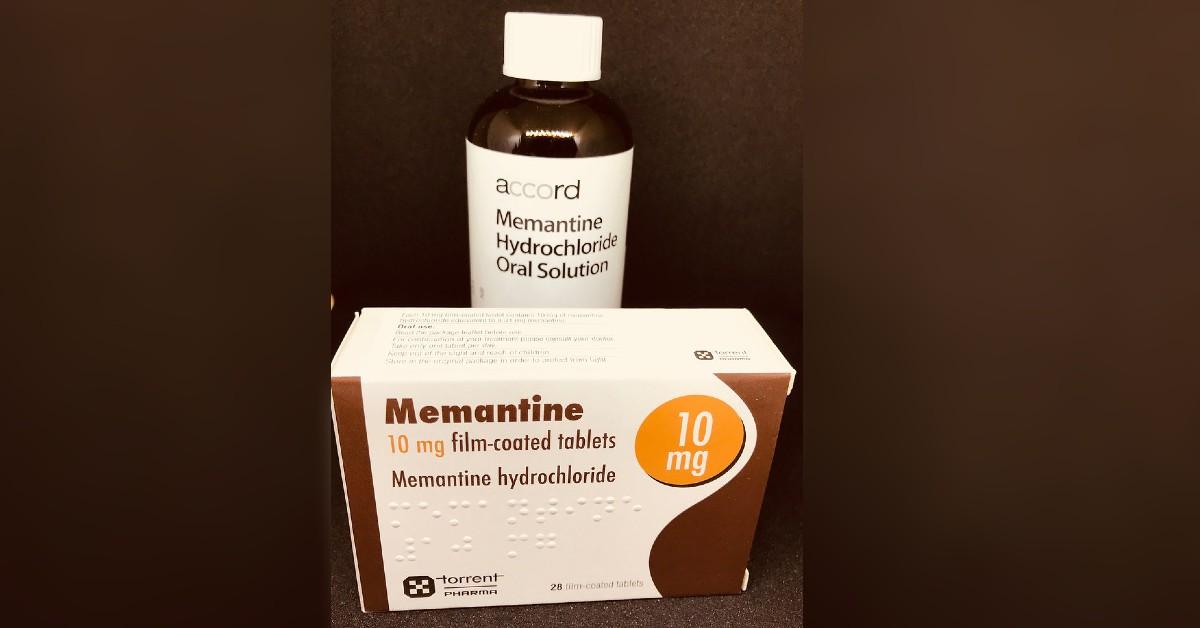EXCLUSIVE: Hollywood's Favorite Weight Loss Drug Ozempic Sparks Wild Experimentation Trend – With Docs Now Testing COUGH SYRUP and MUSCLE PILLS to Beat Deadly Addictions

Ozempic has sparked a bizarre new drugs trend.
May 16 2025, Published 7:41 a.m. ET
Ozempic use among celebs to shed weight is fueling massive, risky drug experimentation to treat booze addicts and junkies, RadarOnline.com can reveal.
After the diabetes jab was found to have a raft of potentially "miracle" side effects along with flab loss, doctors and scientists are rummaging through their medicine cabinet to see what other unexpected drugs might stop us drinking, snorting, smoking and scoffing ourselves into an early grave.
New Craze

Side-effects of other drugs are being explored.
It comes after Ozempic, originally designed to treat obesity in diabetes, is being hailed as a potential game-changer in the battle against addiction as it's said to also curb cravings for drink in users.
Experts say it has now got scientists wondering if it can cut down lust for booze and drugs, what other medicines could work in the battle against addiction.
A string of famous faces have publicly discussed using Ozempic and similar meds to shift their flab.
Some of the most prominent names include Oprah Winfrey, Amy Schumer, Kathy Bates, and Sharon Osbourne.
Tracy Morgan and Elon Musk have also shared their experiences with the medication.
We can reveal medications made for everything from epilepsy to Alzheimer’s – and even over-the-counter cough medicine – are being tested as possible treatments for addiction. Experts are calling it the “Ozempic Effect”.
Celeb Fad

Lizzo has denied she's used Ozempic to lose weight.
Paul Spanjar, boss of top rehab clinic The Providence Projects in Bournemouth, Britain, says the craze is taking the rehab world by storm.
He said: "Ozempic has become trendy thanks to the raft of A-list celebrities who have admitted to using it to lose weight.
"And the fact it could help addicts is sparking another trend – the use of drugs designed to treat a huge range of non-addiction related conditions to help addicts stop eating, drinking and drugging themselves to death."
The thinking behind the trend is simple – if these drugs mess with the brain's reward system, maybe they can take the edge off cravings too.
Among the surprise meds now being eyed up as potential secret weapons in the war on addiction are Topiramate.
The epilepsy drug that's been shown to reduce cravings for booze and cocaine by tweaking brain chemistry.
Muscle relaxant Baclofen acts a bit like alcohol in the brain and may help ease withdrawal symptoms.
Addiction clinics are also dabbling with Memantine.
Usually used to treat Alzheimer's, it is now being tested on meth and coke users for its craving-busting effects.
Risky Experimentation


Addicts may be saved by the drug experimentation.
Dextromethorphan – the stuff in your cough syrup – is also on trial.
It interacts with brain receptors and might help addicts during detox.
And Rimonabant, once marketed as a diet pill, is part of the trend as boffs have found it blocks the brain's pleasure centre.
But while some are calling drug experimentation trend the next big thing in rehab, others say it's a dangerous game.
Mr Spanjar cautioned: "The pursuit of new treatments is crucial, but I strongly caution against prematurely adopting these treatments without rigorous research.
"Many of these drugs alter brain chemistry in ways we don’t yet fully understand."
He warned that the shiny promise of a quick fix could end up doing more harm than good. "Evidence-based practice must remain at the heart of addiction treatment. "What looks helpful today could backfire tomorrow."


